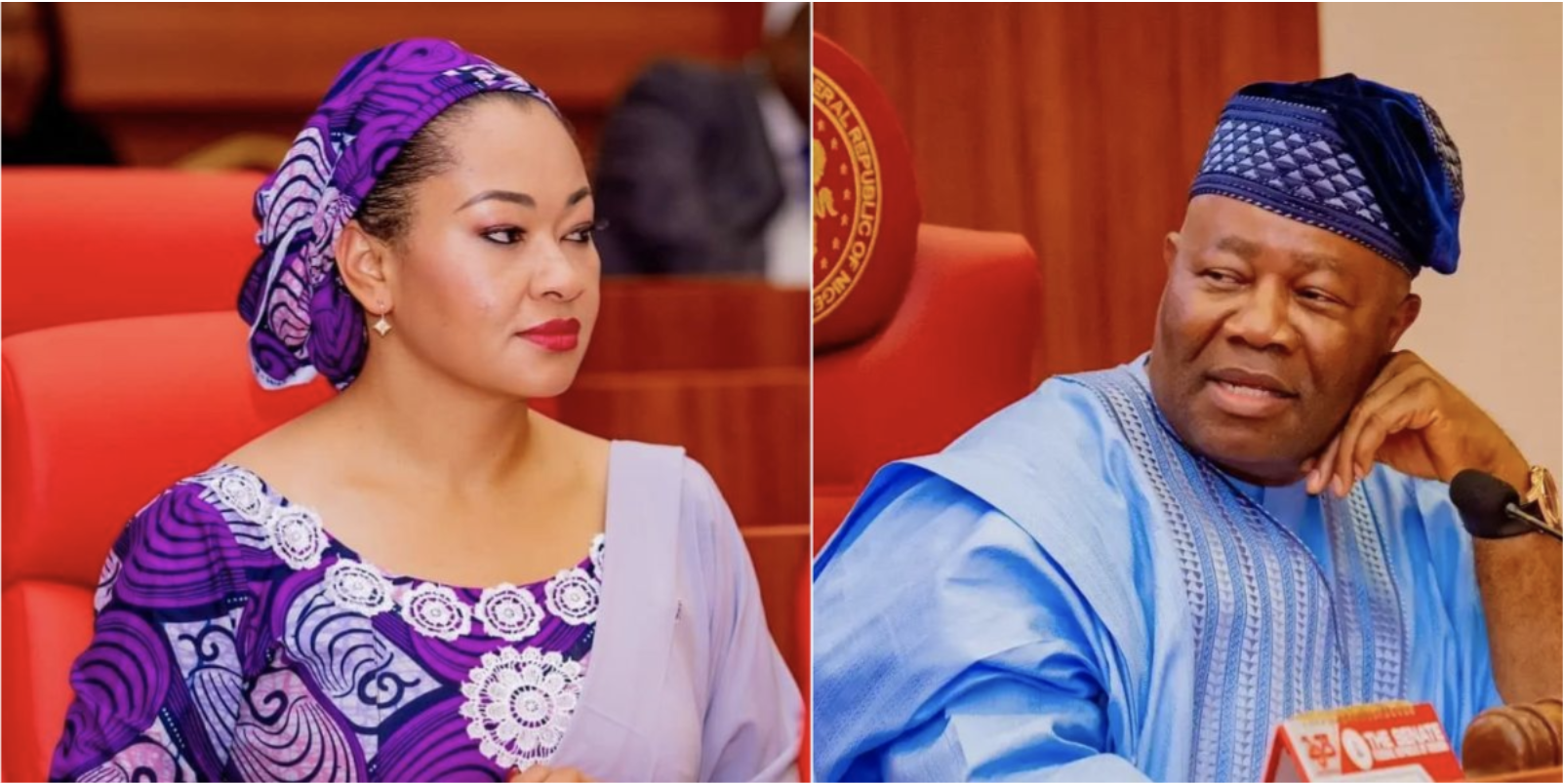Lagos APC May Implode over Imposition of Candidates, Threatens Future of Party

The Lagos State chapter of the All Progressives Congress (APC) is facing a crisis due to the sidelining of grassroots voices and the imposition of candidates by party leaders, using President Bola Tinubu’s name as justification.
This has led to widespread discontent among party members and the risk of alienating voters and inviting legal disaster.
The crisis is not just procedural but also a warning that the party is for sale, and democratic norms must be defended to avoid a legitimacy deficit.
The party’s fortunes could tumble, even in its Lagos stronghold, if this issue is not addressed.
Lagos has a history of low voter turnout in local elections, with an average of only three parties participating and many polling units being nearly deserted.
The turnout has declined steadily from 41% in 1999 to barely 6% in 2021. The state’s literate, urbanized, and economically dynamic population has become increasingly apathetic towards voting.
The party’s dominance since 1999 has led to a sense of non-competitiveness at the local level, breeding selective participation.
The drivers of disengagement are multi-layered, including structural factors such as youth unemployment, housing stress, and commuting problems. Institutional pathologies, such as the perception that elections are predetermined, have also contributed to the low turnout.
The party’s leaders have been accused of imposing candidates, which has led to resentment among grassroots members. The use of indirect primaries, where only accredited party executives vote for candidates, has been criticized as undemocratic.
The party’s constitution gives local government executives the right to organize their own primaries, but this has been ignored.
The consequences of this crisis are profound, with the party’s legitimacy and capacity to impose taxes, implement reforms, or mobilize citizens in crises being undermined.
The local councils, which are responsible for primary healthcare and basic education, are driving into extreme unaccountability.
The party’s leaders have been warned that undermining the incumbency privilege, which allows returning chairmen to enjoy a smooth path to renomination, could backfire spectacularly.
The party’s veterans have been told that they will not be given a free pass and that they must test their popularity at the local level.
The legal pitfalls of overriding party democracy are stark, with the 2022 Electoral Act introducing new constraints on how parties conduct primaries.
The Act mandates that any party using indirect primaries must clearly outline and implement a democratic election of delegates.
The party’s leaders have been warned that any departure from these rules carries heavy penalties, including the risk of being stripped of their ballot.
The lessons from Lagos’s own history are clear: the dangers of forsaking democracy have played out before, with aspirants turning the party’s primaries into riot grounds.
The party’s leaders have been warned that enforced consensus leads to chaos and that they should heed the reminders of veteran voices like Dr. Muiz Banire.
The broad consequences of this crisis are significant, with the party’s credibility and grassroots cohesion being undermined. The ruling party’s national brand is also at risk, with Nigerians seeing every imposition as hypocrisy.
The timing is ominous, with Lagos being President Tinubu’s home state and the linchpin of his national clout.
The calls to action are clear: the party must pivot from top-down diktats to genuine internal democracy.
The primaries should be held at the local level, with each LGA/LCDA executive organizing its own candidate selection. The party should resist any consensus fixes and allow candidates to win in a vote, rather than being coronated behind closed doors.
The party should reinstate the incumbents’ courtesy, allowing one-term LG/LCDA chairmen the first refusal they have long enjoyed. The party should enforce Section 84’s rules, ensuring that delegate lists are prepared by election, not edict. The party should reaffirm President Tinubu’s message, publicly pledging that every aspirant, irrespective of connections, will have a fair shot.
In short, the Lagos APC must choose democracy over cliques. If party managers still believe they know better than voters, they should be reminded of the stakes: disenfranchised grassroots can sabotage not only council polls but also general elections to come. Unity forged under injustice is brittle; lasting strength requires inclusivity.
The warning signs are unambiguous, and the party could either learn from past Lagos missteps and legal precedents or repeat them and reap the consequences. The party should abandon the politics of imposition, honor the rights of members, and give Lagosians a real voice. Failing that, the party risks losing Lagos not to an opposition challenger but to its own internal discord – a disaster that would echo all the way to 2027.”








